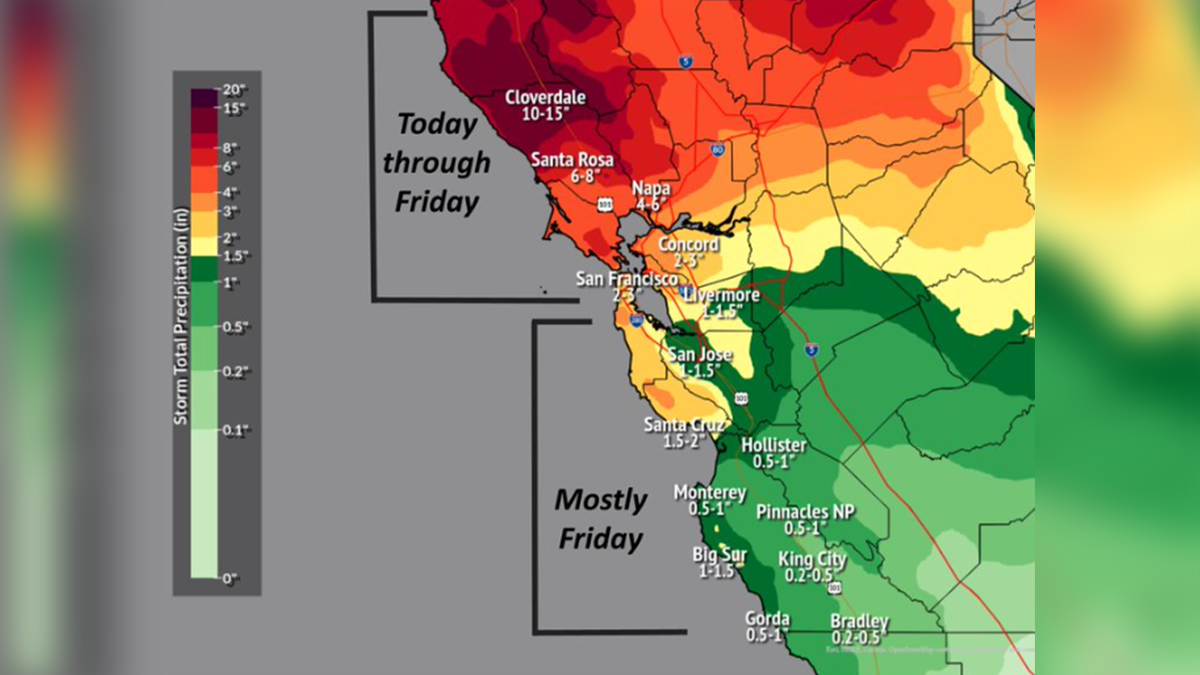The Black Cultural Zone is on a mission to build a lasting legacy in one of Oakland's most divested communities.
The nonprofit's CEO and her partners celebrated Wednesday as they took another step toward creating a new space for opportunities in East Oakland.
The project is called Liberation Park. Like its name, plans call for creating places to thrive by building a market hall, space for small businesses and affordable housing units.
"To be able to build a beautiful residences that will be something special, a market hall so it's just not projects, as well as activity, engaging the community, hearing their voice, all of this is finally what we have been asking for," Black Cultural Zone CEO Carolyn “CJ” Johnson said.
Wells Fargo is helping with a $1 million donation. That money will help buy and develop the land on Foothill Boulevard near Eastmont Town Center.
"The Liberation Park market hall and residences bring together every single element necessary to create healthy, thriving, community," Wells Fargo Foundation spokesperson Stacy Spann said.
Black Cultural Zone is now at $42 million of its $50 million goal.
Local
Councilmembers Kevin Jenkins and Treva Reed both represent districts in East Oakland, an area that’s seen the effects of redlining and receding resources.
"We are working to make sure that the city does the right thing by this project," Jenkins said. "We are making sure that we close the deficit and make sure that this gets built."
Get a weekly recap of the latest San Francisco Bay Area housing news. Sign up for NBC Bay Area’s Housing Deconstructed newsletter.
"This is a moment of repairing, restoring, redeeming what was lost, what was stolen, and what was not delivered for a community that has been long disinvested in," Reed added.
Black Cultural Zone's restoration mission includes its newly opened welcome center with support services, partnering on a 10-year plan to redevelop East Oakland and providing community resources. The goal is to impower community through building economic wealth while preserving culture.
"On Juneteenth, it really is about what is our legacy here as African American people, what should we expect, what we should demand," Johnson said. "What this country needs is a robust, vibrant, diverse, cultural country."
It's a mission Johnson hopes will create a legacy of success.
"It is important that we do something," she said. "We are who we have been waiting for. We are our ancestors' wildest dreams. I feel honored to do this work."



